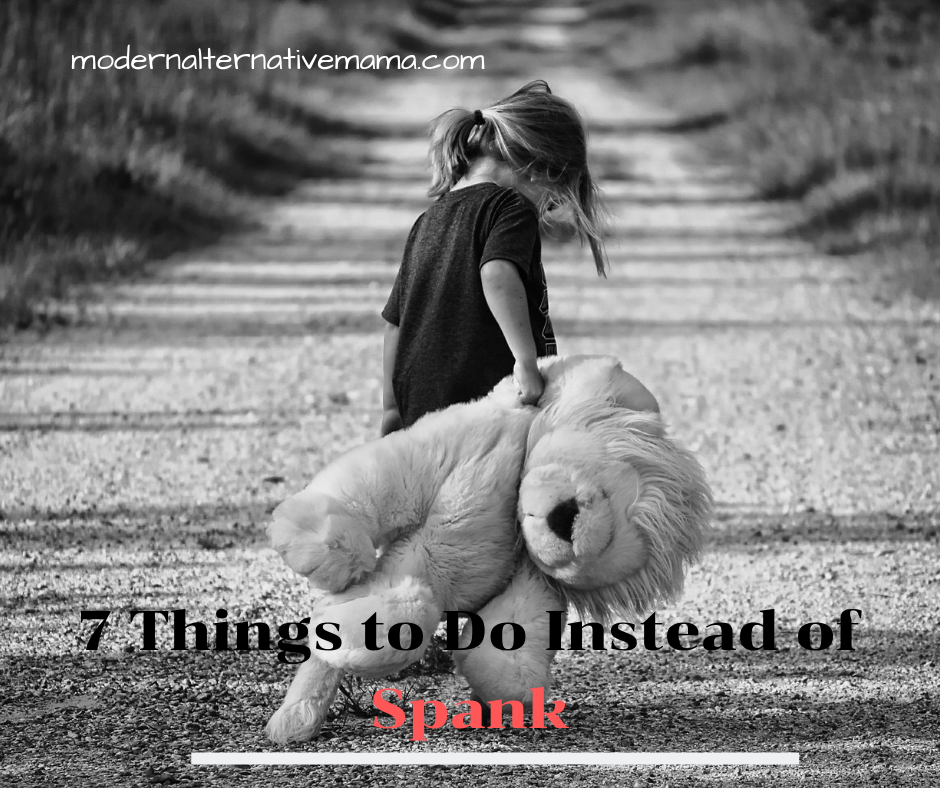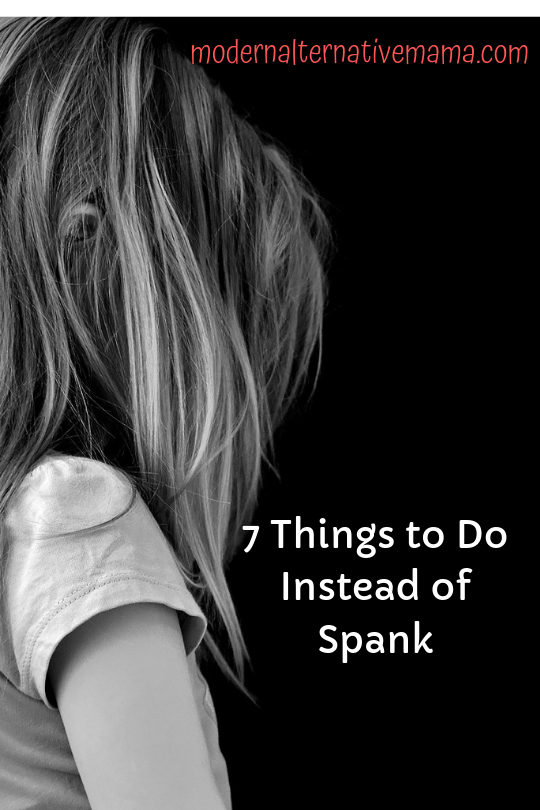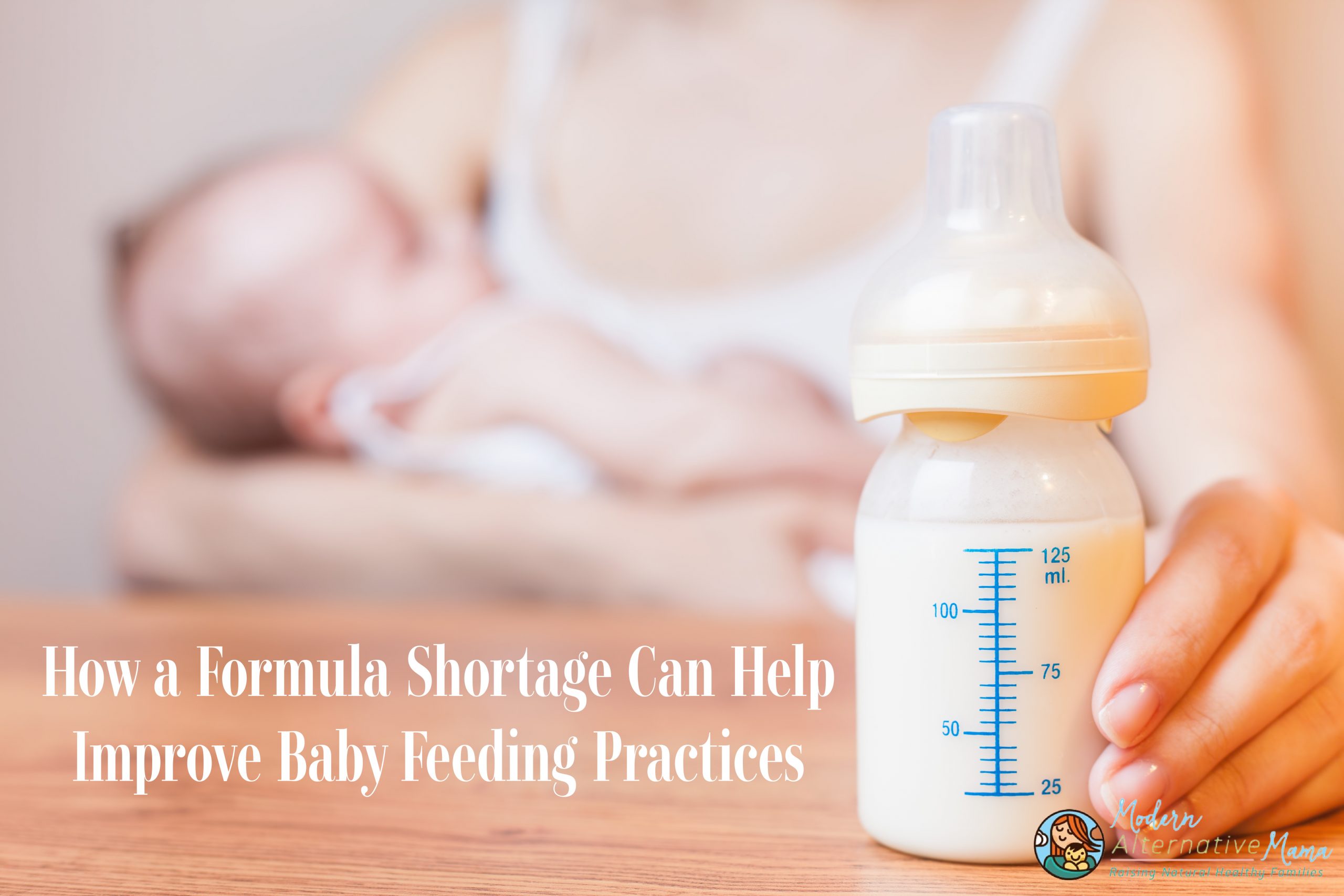A well-disciplined child rarely needs punishment and it has been proven that spanking is not beneficial for our children. Find out what you can do instead of spank.
By Danielle, contributing writer
This is a controversial subject that’s very private to most parents — how they discipline their children, especially the subject of spanking.
Let’s keep in mind that discipline and punishment are two different things. Discipline teaches how to control one’s self, while punishment is repayment for a deemed negative behavior. That’s a huge difference, and punishment rarely needs to actually happen (say what!?). Yes, a well-disciplined child rarely needs punishment. They have been taught extensively what natural consequences look like and they have been given the opportunity to make their own decisions, and live with those consequences, under the loving eye of their parents.
As a former spanker and former single mother, let me tell you it’s not easy, but it is a truth we need to accept and grow past — spanking is not beneficial for our children.
Why shouldn’t you spank?
The American Academy of Pediatrics (AAP) recently released their recommendation to not spank children based off of a number of long-term studies showing it makes children more aggressive, as well as can foster mental issues and cognitive disorders. Now, I normally don’t agree with everything the AAP says, but when something because so clear that they can’t deny it, they normally will recommend it, and that’s where we are with spanking. They went on, stating:
While many parents spank their children occasionally, a few parental factors increase the use of corporal punishment. For example, parents who suffer from depression tended to use corporal punishment more frequently. In addition, family economic challenges, mental health problems, intimate partner violence and substance abuse all are associated with increased reliance on corporal punishment. One small report suggested that parents who themselves have a history of trauma are more likely to use corporal punishment than other parents.
If you can remember being a child and were spanked, it was traumatic. In fact, getting in trouble in nearly any capacity where your parents got angry at you — the only people in the world you have to rely on for your basic needs — was traumatic. It’s time to reassess if scaring our children is really “teaching” them anything but to be afraid of us.
If we are honest, we spank when we are angry, not necessarily because of the child’s behavior. Often, we even spank when we are telling our child to not hit — isn’t that a bit of an oxymoron? Or hypocritical? We have all been in those moments when your anger gets the best of you, and no judgement here, but I think we can be honest and say that spanking has more to do with our state of mind rather than our child’s.
So what can you do instead of spank? How do you handle not just discipline, because that’s a life long process for children and parents alike, but those heated moments? Here is my best advice (from the battlefield of parenthood).
7 Things to Do Instead of Spank
Calm down.
Count to 10, take a breath, look out the window. Realize that your immediate anger is like because of YOU, not your child. How are you feeling today? Are you stressed or mad about something? Take a break, and do not respond by yelling, hitting, or getting angry — that won’t solve anything and will only teach your child to react to you in fear.
Walk away.
If you cannot calm down, state that you need a moment to yourself and walk away. Yes, it’s best to deal with most behavior right away, however, if you can’t deal with it well, you should wait.
Express yourself.
Instead of going off about your child’s behavior and saying things you don’t mean, say how you feel. “I’m sorry, I just did not sleep well.” “I am stressed out by how much laundry we have to do.” “What you said really hurt my feelings.” Children need to learn that others have feelings, and that it’s healthy to share them. It’s likely that you will both find some compassion for the other.
Change your view.
If you are angry, you are likely looking at the behavior or situation from your point of view. Try looking at it from a small child’s point of view, and you may find yourself understanding why they did or said something. Ask questions, share feelings, and offer suggestions instead of punishments. This is all about communication, something even adults need to work on. Chances are if you are angry, you need to work on it, also.
Slow down.
Is your schedule too busy to connect to your child? Are you upset really because you are stressed or you are always running? Does your schedule leave enough room to let children be children? Are you worried about your child enjoying the rainy day, or washing those muddy jeans? If you have children, create a schedule that is child-supportive.
Plan better.
If you answered “yes” to any of the above, it’s time to revamp your schedule to be a more family-friendly schedule. Our society says that children need 50 activities per week outside of the home, but what they really need is love and free time (and space if you have it!). Structure your weeks around truly beneficial events and cancel everything else, leaving plenty of free time for play. Luckily, this is easy and cheap, and often looks like canceling quite a few things.
Turn it around.
In the heat of the moment, do not make the situation about you — how you have had a bad day, how you don’t want to wash those muddy jeans, how you expect more — but about the child. What caused them to behave that way? Can they tell you why they did that? You will often learn that they simply need some coaching on making better decisions or more understanding around why they or other people do things. Focus on the child, not yourself (nor your anger).
Parenting is so far from easy. But it is a parent’s job to teach their children how to be loving, responsible adults. This takes years (at least 18!) of coaching with love. Discipline is teaching someone how to behave, punishment is responding negatively to behavior. Discipline will change your child’s behavior long-term by their own will, while punishment, especially physical punishment, is just an unnatural consequence of their mistake — one they may be too young to even understand.
Shift your parenting from punishment to discipline-based, and watch your child flourish. Use these tips to help drive you away from physical punishment, and put you and your children on the road to a more trusting relationship, and less behavioral issues.








Great article! Lots of useful info.